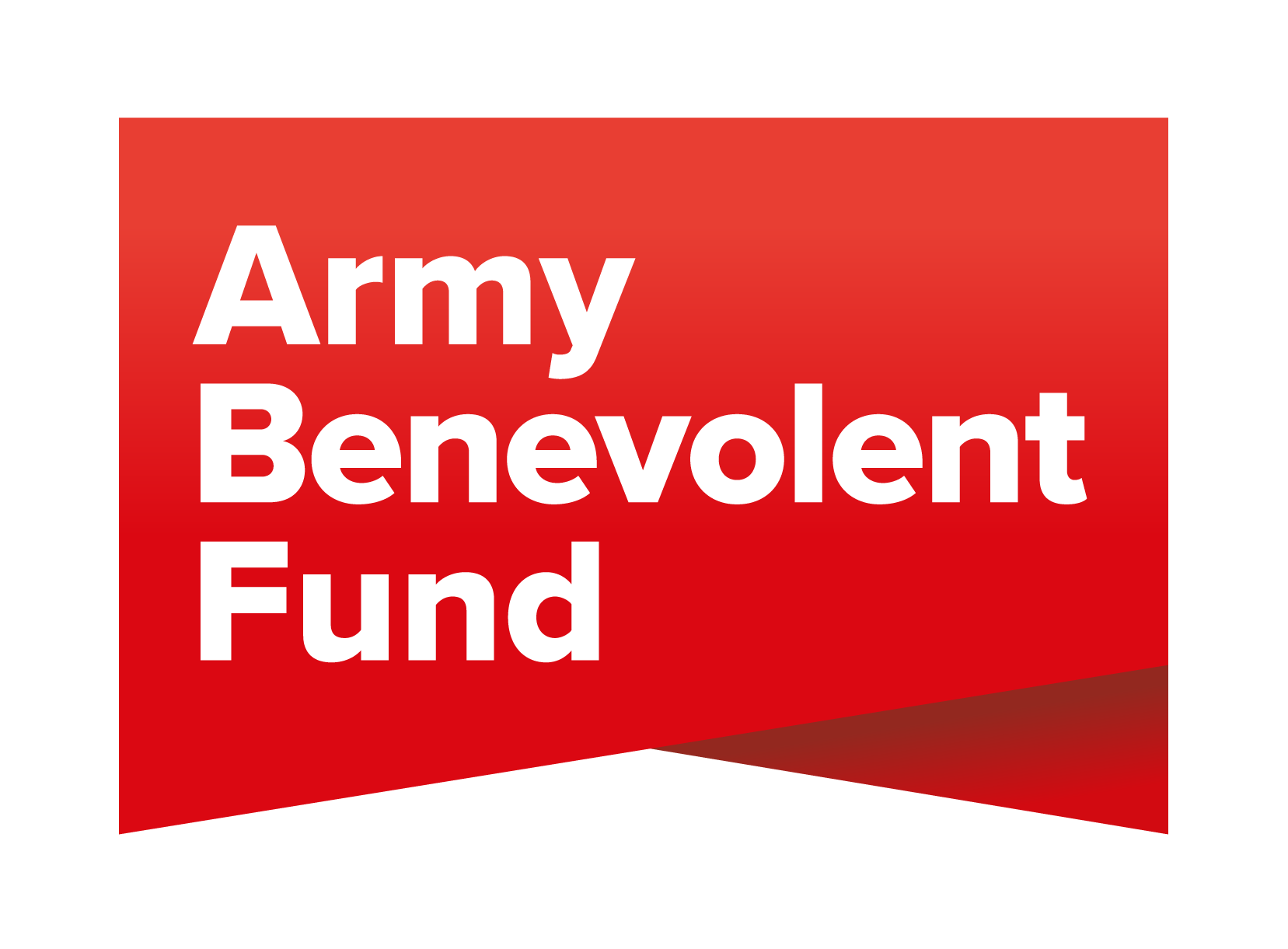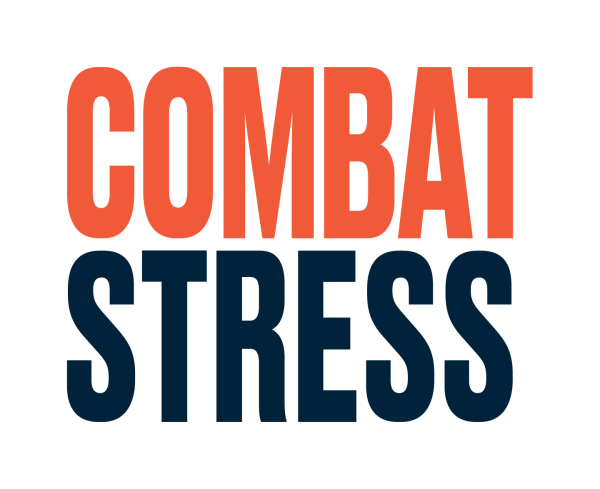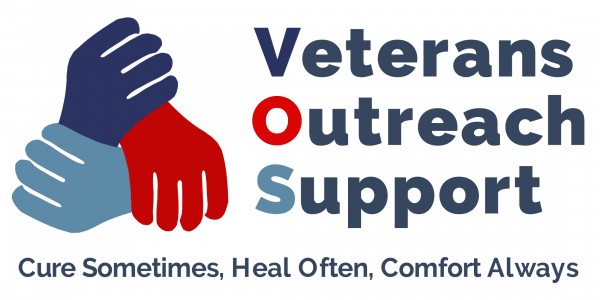SafeLives and the Army Benevolent Fund launch three-year initiative to strengthen the frontline response to domestic abuse across the UK.
SafeLives, the UK-wide charity dedicated to ending domestic abuse, is proud to launch a new three-year partnership with the Army Benevolent Fund, the Army’s national charity.
Together, they hope to deliver a transformational programme of work alongside expert partners to improve the response to domestic abuse within serving and veteran military communities, ensuring that every victim and survivor can access fast, consistent and tailored support.
Domestic abuse is a serious issue that affects families across all walks of life, including those in the Army community and this new initiative comes at a critical moment. Domestic abuse was formally recognised in the 2023 Strategic Policing Requirement as a national threat, alongside terrorism and serious organised crime. The Ministry of Defence has also published its new Domestic Abuse Action Plan (2024–2029), setting out a commitment to safeguarding military families.
Military communities can face particular challenges, evidence suggests that large numbers of cases are going unreported. Risk factors may be compounded by the unique nature of service life, including frequent relocations, and isolation from wider family and friends.
Liz Thompson, Director of External Relations at SafeLives, said:
“When someone discloses abuse, the response must be immediate, compassionate and expert. This partnership will help ensure those who serve, and their families, can expect that kind of response every time. We’re proud to be working with the Army Benevolent Fund to take this bold step forward.”
Peter Monteith, Chief Operations Officer at the Army Benevolent Fund, said:
“We are delighted to be partnering with SafeLives on the development and delivery of a new national programme to transform the response to domestic abuse among military communities.
“This a society-wide issue, but the specific demands of military life require a tailored response so that individuals get the right help at the right time. We look forward to working with colleagues from SafeLives, the Army Welfare Service, DMWS and the IDVA network, and, most importantly, with domestic abuse victims and survivors from the Army community, to make sure families everywhere can access the support they need, when they need it.”
A trauma-informed response, shaped by those with lived experience
In its first year, the project will focus on building a deeper understanding of domestic abuse in military communities, drawing directly on the voices of survivors, service personnel and frontline domestic abuse professionals.
This insight will shape a set of targeted resources, including:
- A Spotlight Report on domestic abuse in military life and the lived experience of victims and survivors;
- A Multi-Agency Toolkit to support professionals across the armed forces and wider public services;
- A new national training programme to improve the knowledge and confidence of key military support roles.
Training will be piloted with Unit Welfare Officers (UWOs) and the Defence Medical Welfare Service (DMWS), who are often the first point of contact for those seeking help, and with Army Welfare Service (AWS) professionals, who will receive advanced training in areas such as risk assessment, child safeguarding, and working with those who cause harm. A new training module will also be developed for Independent domestic violence advisors (Idvas in England, Wales and Northern Ireland and Idaas in Scotland), tailored to the specific dynamics of military life and the complex needs of those they support.
Creating lasting change across military and civilian systems
Following a robust evaluation of the pilot, the training will be rolled out nationally alongside an awareness campaign to embed a culture of early intervention, coordinated support, and long-term recovery. This project aims not only to improve responses within military settings but to strengthen collaboration across military and civilian systems, ensuring that wherever a survivor turns for help, they receive the same high standard of care.
At the heart of this work is a simple principle: no one should feel alone when experiencing abuse. By centring survivor voices and equipping safeguarding roles with the right tools and training, this project will drive a stronger, more joined-up response—making it easier for military families to get the help they need, when they need it most.

















